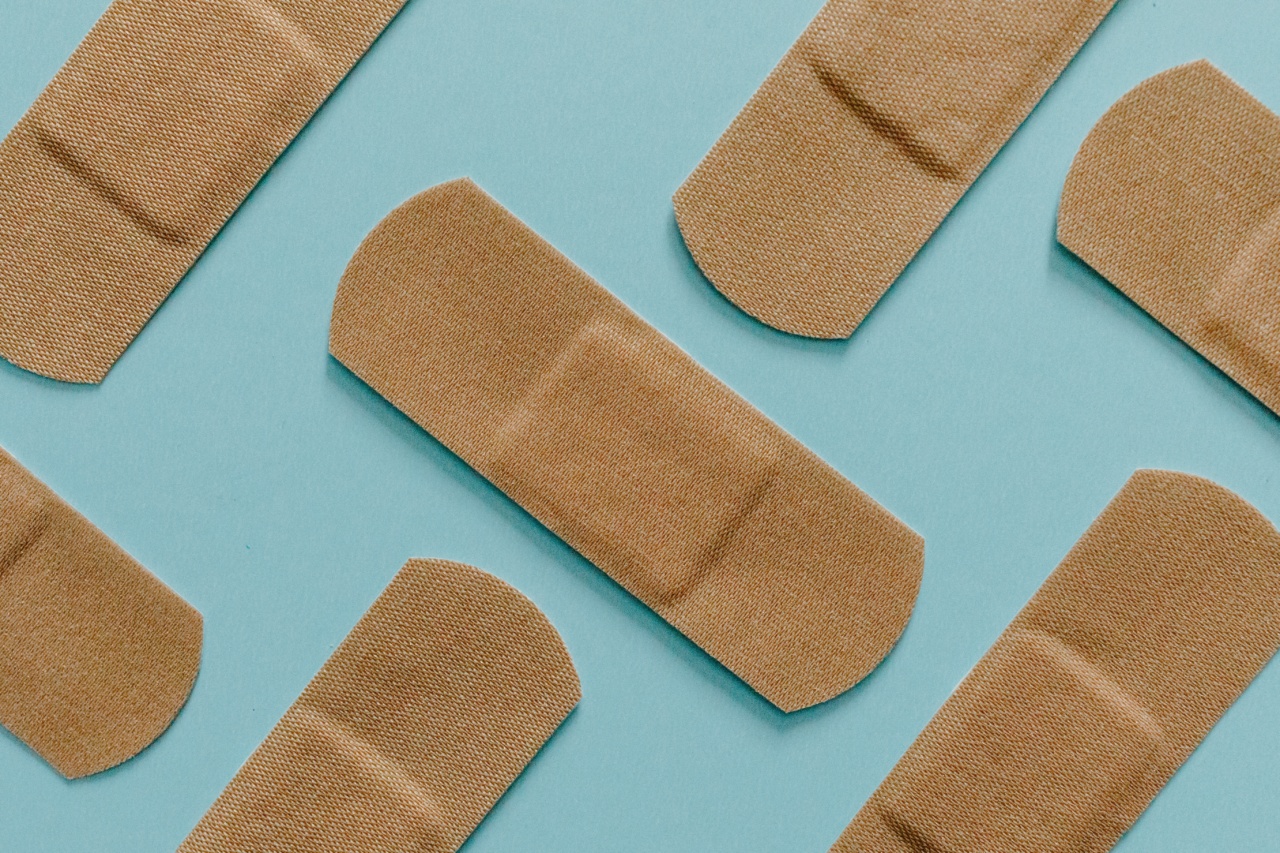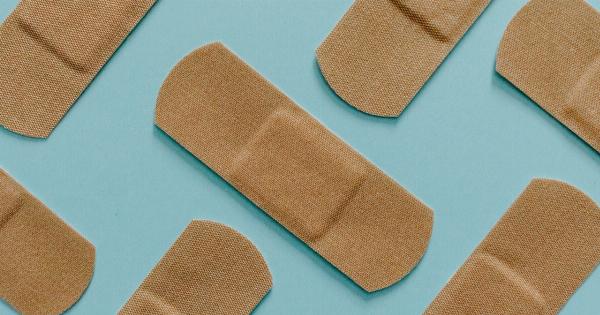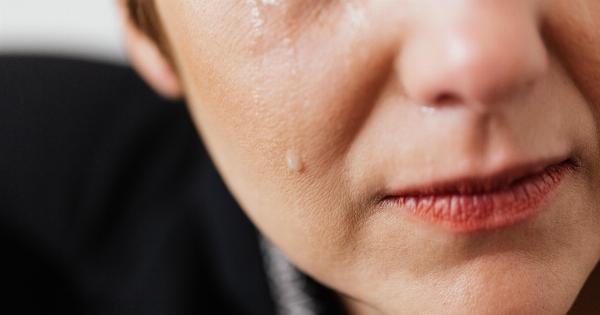Neonatal teeth, also known as early teeth or congenital teeth, are teeth that emerge in a baby’s mouth within the first month of life. This is a rare occurrence and can place the baby at risk of discomfort and pain when feeding or suckling.
Parents and caregivers need to understand how to soothe the baby’s pain and manage any complications that come with neonatal teeth.
What causes neonatal teeth?
Neonatal teeth are believed to be caused by a combination of genetic and environmental factors. Genetics play a role since they run in some families.
Environmental factors, such as smoking during pregnancy or malnutrition are also known to increase the risk of neonatal teeth.
When do neonatal teeth emerge?
Neonatal teeth can appear anytime within the first month of life. The average age for neonatal teeth to emerge is 10 days, although some babies may be born with teeth already erupted.
In most cases, the lower incisors come first, followed by the upper incisors, and sometimes molars.
The risks associated with neonatal teeth
Neonatal teeth can pose numerous risks to the baby’s health, including mouth injuries, choking, poor feeding habits, and infection. The teeth can be sharp, especially the incisors, which can cause injuries to the baby’s tongue, lips, and cheeks.
The baby is also at risk of choking on the teeth if they come loose during feeding, which can be life-threatening. Neonatal teeth can also affect breastfeeding since the baby may have difficulties latching onto the nipple, leading to poor feeding habits and insufficient weight gain.
Furthermore, neonatal teeth can increase the baby’s risk of gum infections, which can spread to other body parts if left untreated.
How to soothe your baby’s pain
Neonatal teeth can cause pain, discomfort, and irritability in babies, making life challenging for the parents. However, there are several ways to soothe the baby’s pain and create a comfortable environment for them.
Use a Teething Toy
Teething toys are specialized toys designed to help babies cope with the pain and discomfort associated with erupting teeth. They come in various shapes, colors, and textures to cater to different babies’ preferences.
The toys work by giving the baby something to chew on, which helps to soothe the pain and reduce the inflammation around the teeth. Parents should ensure that the teething toy is clean and safe for the baby to chew on.
Apply Pressure to the gums
Another effective approach to soothe the baby’s pain is to apply gentle pressure to the gums. This can be done using a clean finger or a soft washcloth soaked in cold water.
The cold sensation helps to numb the area and reduce the inflammation, while the pressure helps to alleviate the pain. Parents should ensure that they wash their hands before applying pressure to the baby’s gums.
Pain Medications
If the pain is severe, doctors may recommend using over-the-counter medications to soothe the baby’s discomfort. Acetaminophen or ibuprofen can help to relieve pain and reduce inflammation, making the baby feel more comfortable.
However, parents should consult a doctor before administering any medication, and ensure they administer the correct dosage to their baby.
Feed the baby regularly
Feeding the baby regularly is essential to prevent hunger and dehydration, which can make the baby more irritable. Parents should maintain the baby’s regular feeding routine while being cautious not to damage the teeth.
They should also ensure that the baby gets enough nutrients to support their growth and development.
See a dentist or doctor
If the baby’s neonatal teeth are causing severe discomfort, complications, or interfering with breastfeeding, the parents should consult a dentist or doctor.
The specialist will examine the baby’s teeth and provide recommended treatment, including how to soothe the baby’s pain and prevent further complications.
Conclusion
Neonatal teeth can be a cause of discomfort and pain in babies, making life challenging for parents and caregivers. However, with the right approach, the pain can be managed and alleviated, providing a comfortable environment for the baby.
Parents should understand the risks associated with neonatal teeth and take the necessary precautions to ensure that the baby is safe, comfortable, and healthy.


























